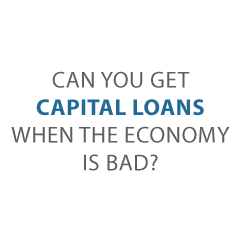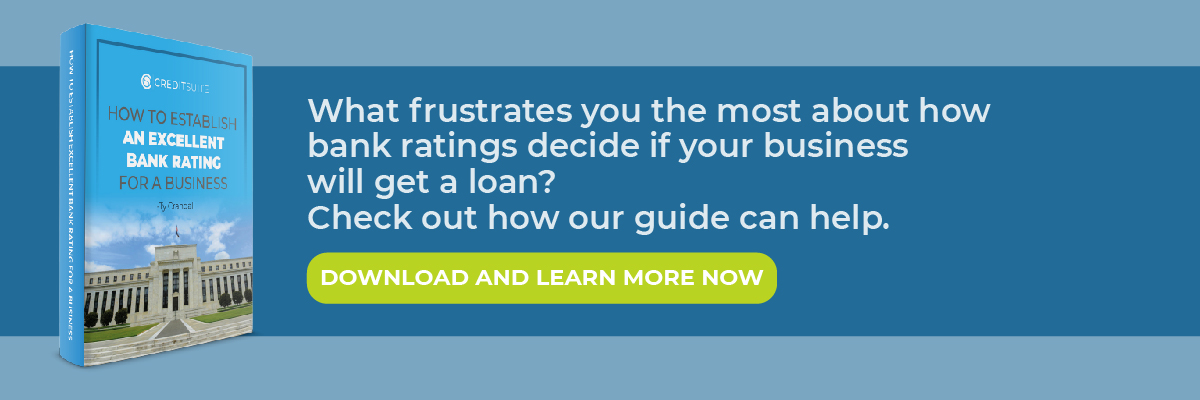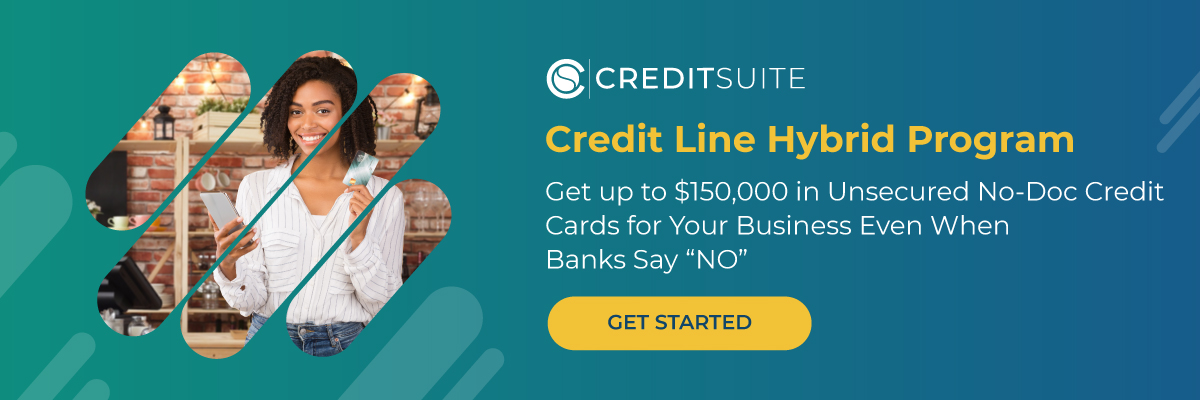Asking questions can be scary. It makes us feel vulnerable. Some feel it’s a sign of weakness. The truth is, you don’t know what you don’t know. What you don’t know, really can hurt you, and the only way to get in the know, is to ask. Here are some things you need to know about capital loans.
Your Questions About Capital Loans Answered
This type of loan is a mainstay in the business lending world. However, if you are new to running your own business, you may be confused by some of the terms commonly thrown around.
What Are Capital Loans? What Even is Capital?
In the simplest terms, capital refers to the assets of the business that go on the balance sheet. So, capital loans are loans for funds that are to be used to either start a business or be reinvested in a business. This could be for expansion, improvements, and more. Basically, this is money you would spend on those things that go under long-term assets on the balance sheet. It’s money that is to be reinvested in the business, or used to buy an existing business or start a new business.
What is Working Capital?
Working capital is money you use to run your business from day to day. It is still money that is reinvested in the business, but it isn’t used on long-term assets. Rather, the funds go toward the daily ins and outs of running a business, like payroll, utilities expense, and more.
Credit Line Hybrid Financing: Get up to $150,000 in financing so your business can thrive.
Which Do I Need? Capital Loans vs. Working Capital?
Now that you understand the difference, you may be asking yourself which you need. Do you need capital loans or working capital? I imagine the gears are turning in your head right now trying to figure it out. If you want startup capital, or if you need to invest in something big, you need capital loans. If you need funds to handle regular expenses, that means you need working capital. Sometimes this is easy to determine, but sometimes it isn’t so cut and dry.
Where Can I Get Capital Loans If I Have Bad Credit?
That depends on how bad your credit is. If it’s above 680, Small Business Administration loan programs may be an option. Try these to start:
SBA Options
Here are some options The Small Business Administration offers for capital loans and working capital.
7(a) Loans
This is arguably the most popular of the SBA loan programs out there. Mainly, this is because it offers federally funded term loans up to $5 million. The funds can be used for a number of things including expansion, purchasing equipment, working capital and more. Banks, credit unions, and other specialized institutions, in partnership with the SBA, process these loans and disburse the funds.
The minimum credit score to qualify is less than what you need to get most traditional loans without an SBA guarantee. Also, there is a required down payment of at least 10% for the purchase of a business, commercial real estate, or equipment. Lastly, the minimum time in business is 2 years. In the case of startups, business experience equivalent to two years will do the trick.
Funds are available for a wide variety of projects, including capital projects.
504 Loans
These loans are available up to $5 million. They can be used to buy machinery, facilities, or land. These are all capital projects. Private sector lenders or nonprofits process and disburse these loans. They especially work well for commercial real estate purchases.
Terms for 504 Loans range from 10 to 20 years. Unfortunately, funding can take from 30 to 90 days. The collateral is the asset the loan is financing. Furthermore, there is a down payment requirement of 10%, which can increase to 15% for a new business.
Also, you be in business for at least 2 years, or management must have equivalent experience if the business is a startup.
SBA CAPLine
There are 4 distinct CAPLine programs offered by the SBA. They differ mostly in the expenses they can fund. These CAPLines are designed to help businesses meet short-term or cyclical working capital needs. Each of them goes up to $5 million. Furthermore, the interest rate for each ranges from 7% to 10%. Again, funding can take 45 to 90 days.
The four different programs are:
- Seasonal CAPLines
This is financing for businesses preparing for a seasonal increase in sales.
- Contract CAPLines
Financing for businesses that need funding to fill a contract.
- Builder’s CAPLines
Financing for businesses taking on a real estate or construction project.
- Working Capital CAPLines
Financing for businesses that are struggling with a short-term slump in sales.
There is no minimum time in business requirement unless you are getting a seasonal CAPLine. You have to be in business at least one year to get that one.
Capital Loans and Private Lenders
Private lenders are another option for capital loans and working capital if your credit isn’t the best.
Upstart
Upstart is an innovative online lender. The company itself questions the ability of financial information and FICO on their own to determine the true risk of lending to a specific borrower. Instead, they choose to use a combination of artificial intelligence (AI) and machine learning to gather alternative data. They then use this data to help them make credit decisions.
This alternative data can include such things as mobile phone bills, rent, deposits, withdrawals, and even other information less directly tied to finances. The software they use learns and improves on its own. You can use their online quote tool to play with different amounts and terms to see the various interest rate possibilities. Typically, business loans are available ranging from $1,000 to $50,000.
To be eligible for a loan with Upstart, you must meet the following qualifications:
- Credit score of 620+
- No bankruptcies or negative public records
- No delinquent accounts
- Meet debt to income standards (they only note they will check this ratio, not what their standards are.)
- Have fewer than 6 inquiries in the past 6 months on your credit report, not including those related to student loans, vehicle loans, or mortgages
Fora Financial
Founded in 2008 by college roommates, online lender Fora Financial now funds more than $1.3 million in working capital around the United States. There is no minimum credit score, and there is an early repayment discount if you qualify.
The minimum loan amount is $5,000 and the maximum is $500,000. The business must be at least 6 months in operation and the monthly revenue has to be $12,000 or more. There can be no open bankruptcies.
Lending Club
Popular online lender Lending Club offers term loans. Business loans from $5,000 to $300,000. The loan terms are 1 to 5 years. You can get a quote in less than 5 minutes. Funds are available in as little as 48 hours if approved. There are no prepayment penalties. Annual Revenue must be $75,000 or more, and you must be in business for at least 2 years. Also, a personal FICO score of at least 620 is necessary.
Quarter Spot
Quarter Spot is an online lender that offers short term loans. $5,000 to $150,000 is available.
Your company must have annual revenue of $200,000 or more, and there is no fee to apply.
The minimum time in business is 12 months. There is a required minimum average bank balance of $20,000, and you have to show a minimum of $16,000 in monthly sales. The borrower must own at least 50% of the business as well.
OnDeck
OnDeck offers short term loans and lines of credit. For short term loans, amounts are available from $5,000 to $250,000 with terms of 3 to 24 months.
You must have annual revenue of $100,000 or more. In addition, your personal FICO Score has to be 600 or better. In addition, there is a time in business requirement of at least 3 years.
Kiva
Kiva is an online lender that is a little different. For example, the interest rate is 0%, so even though you have to pay it back it is absolutely free money. They don’t even check your credit. However, there is one catch. You have to get at least 5 family members or friends to throw some money in the pot as well. In addition, you have to pitch in a $25 loan to another business on the platform.
Are There Other Ways to Fund Capital?
Yes, there are. One of the newest options out there today is the credit line hybrid. A credit line hybrid is basically revolving, unsecured financing. It allows you to fund your business without putting up collateral, and you only pay back what you use.
Who Qualifies for a Credit Line Hybrid?
You do need good personal credit. Your personal credit score should be at least 700. This is lower than what is required for many traditional loans, especially for the lower interest rate options.
In addition, you can’t have any liens, judgments, bankruptcies or late payments. Furthermore, in the past 6 months you should have less than 5 credit inquiries, and you should have less than a 45% balance on all business and personal credit cards. It’s also preferred that you have established business credit as well as personal credit.
If you do not meet all of the requirements, don’t sweat it. You can take on a credit partner that meets each of these requirements. Many business owners work with a friend or relative to fund their business. If a relative or a friend meets all of these requirements, they can partner with you to allow you to tap into their credit to access funding.
What Makes a Credit Line Hybrid so Great?
There are many benefits to using a credit line hybrid. First, it is unsecured, meaning you do not have to have any collateral to put up. Next, the funding is “no-doc.” This means you do not have to provide any bank statements or financials.
Not only that, but often you can get interest rates as low as 0% for the first few months, allowing you to put that savings back into your business.
The process is quick, especially with an expert guide to walk you through it. One other benefit is, with the approval for multiple credit cards, competition is created. This makes it easier, and likely even if you handle the credit responsibly, that you can get interest rates lowered and limits raised every few months.
A credit line hybrid can work well as either a straight capital loan or for working capital. Once you have it, you can use it as needed for whatever opportunities come your way.
Am I Eligible for Capital Loans Right Now?
There is more to eligibility than credit score. The key to eligibility for capital loans is to have overall fundability. What’s that? In short, it’s the ability of your business to get funding. It encompasses so many things however, it can be hard to get your arms around.
One thing that doesn’t change is, the first step in having a fundable business is in how you set that business up. For example, you shouldn’t use your own phone number and address. Your business needs a separate phone number and address. You also need to get an EIN to use on credit applications rather than using your SSN to apply for credit.
A separate, dedicated bank account is another must when it comes to fundability. Even more important, you must incorporate. That’s non-negotiable. It is necessary to separate your business from yourself personally and it helps your business gain more credibility with lenders as one that is legitimate. This is just a taste of what can affect fundability. There is so much more.
Capital Loans: Now You Know
Sometimes, you don’t know what you don’t know. Maybe some of these are questions you never thought to ask. Applying for loans can be daunting, especially when you feel like you will never qualify. These options for capital loans can help, and in the meantime, work on fundability. With strong fundability, your business will never be without the funding it needs to survive and thrive.




